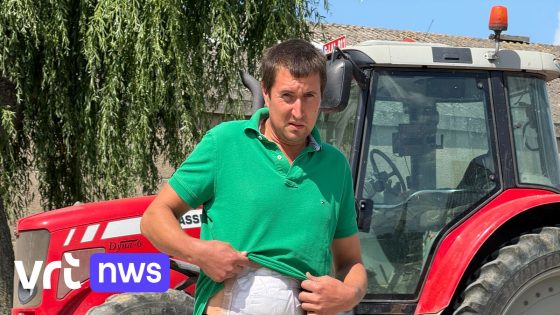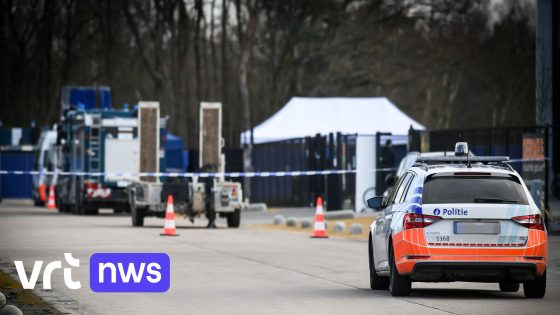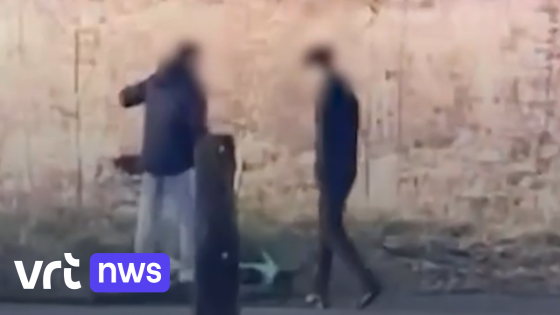A Belgian farmer from Diksmuide suffered severe burns to his abdomen after coming into contact with an unexploded shell. The dangerous incident occurred on 2025-07-16 19:37:00 when Ward Vanthournout discovered the war munition while ploughing his field. Unaware of the risks, he picked up the shell, which caused a mustard gas contamination leading to painful yellow blisters.
- Landbouwer Vanthournout raapt oorlogsbom op
- Obus veroorzaakt zware brandwonden aan buik
- Mosterdgasbesmetting leidt tot gele blaren
- DOVO waarschuwt voor aanraken obussen
- Vondst gebeurde tijdens ploegen op veld
This alarming event highlights the ongoing dangers posed by leftover ordnance from past conflicts in Belgium. How often do such hazardous remnants still turn up in rural areas? And what precautions should farmers and locals take to avoid similar injuries?
Authorities, including the DOVO bomb disposal unit, emphasize the critical warning: never touch or move unexploded shells. Understanding these risks is essential for everyone working the land in Belgium.
What can this incident teach US about safety and awareness? It raises important questions about the legacy of wartime explosives in Belgium and the need for vigilance:
- Unexploded shells still pose real threats decades after conflicts.
- Mustard gas contamination causes serious chemical burns and requires immediate medical attention.
- Farmers and land workers should report suspicious objects to authorities without touching them.
- DOVO’s warnings are crucial to preventing further injuries and fatalities.
Looking ahead, increased education and clear reporting channels can help prevent accidents like this. Will Belgian farmers adopt safer practices to avoid such hidden dangers in their fields?

































